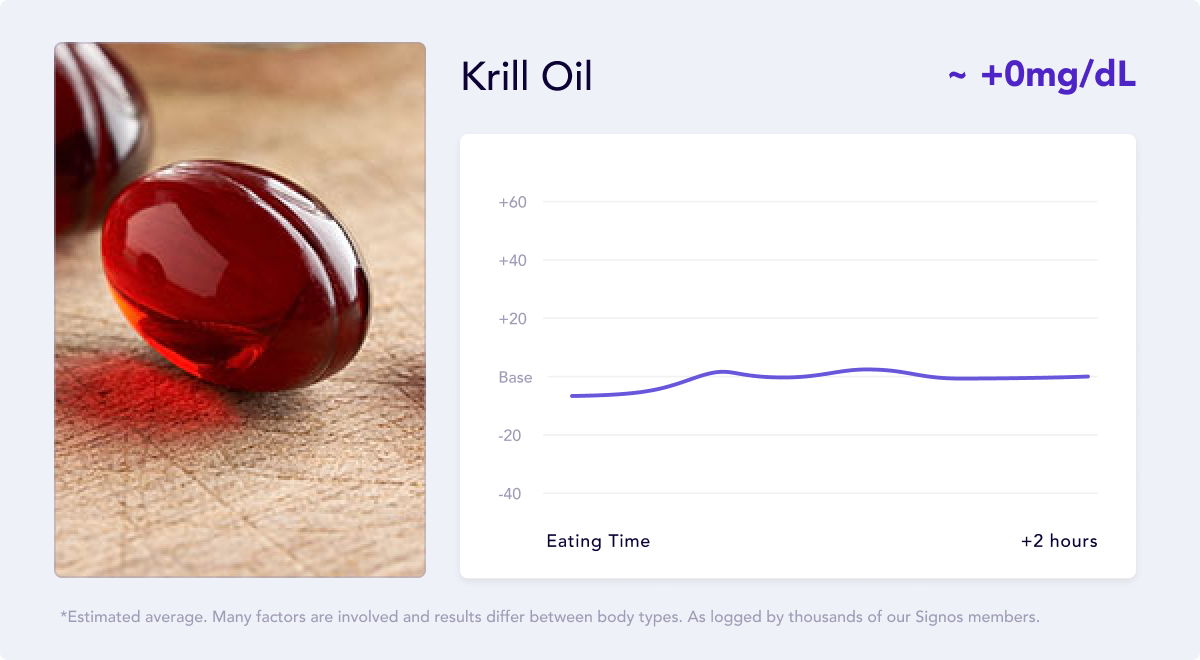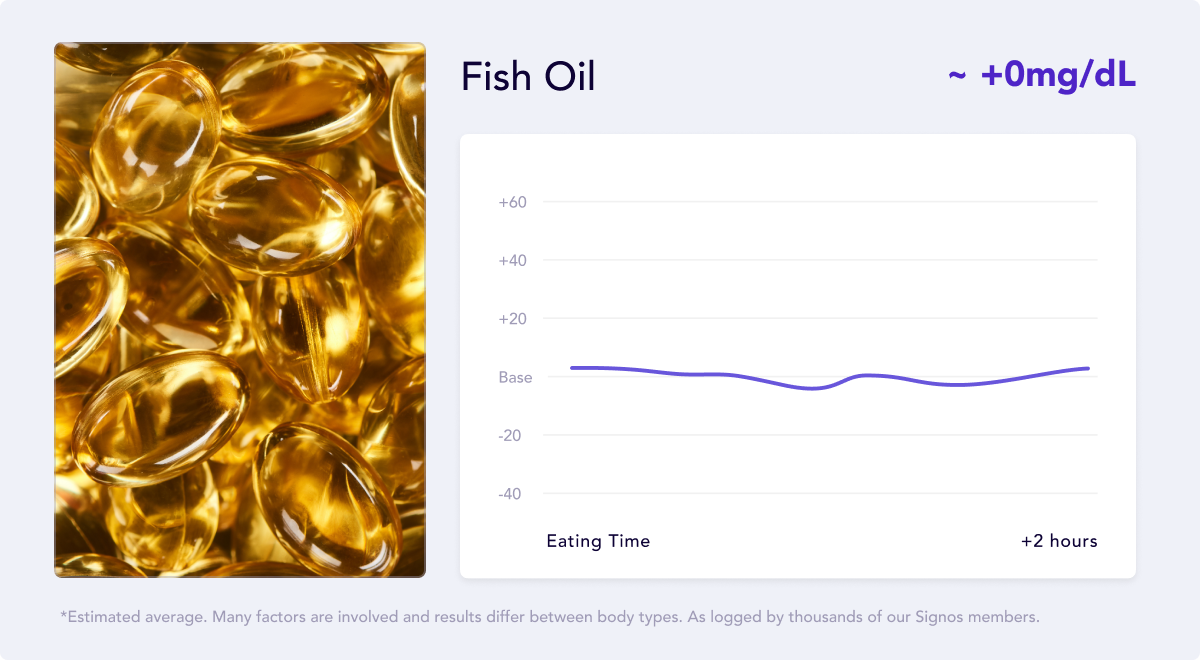Krill Oil vs. Fish Oil: Benefits and Differences


You are probably very familiar with fish oil and its benefits, but have you heard of krill oil?
Krill oil is derived from tiny crustaceans called Antarctic krill. These crustaceans are a staple in the diet of many animals, including whales, seals, penguins, and other birds.
Recent evidence suggests that krill oil might be easier for the body to absorb and, therefore, more beneficial for heart health.
The popular supplement fish oil, on the other hand, is derived from fatty fish like anchovies, mackerel, and salmon.
Two types of omega-3 fatty acids in fish oil—eicosapentaenoic acid (EPA) and docosahexaenoic acid (DHA)—have been shown to support heart and brain health and provide other benefits.
Krill oil has recently become available in the supplement world as another product rich in EPA and DHA. Some believe that krill oil offers more benefits than fish oil.
Keep reading to learn all about the differences between krill oil and fish oil and which is better for your health.

Discover how your body responds to what you eat, and make small changes to hit your health goals
View PlansThe Difference Between Krill Oil and Fish Oil
Krill oil and fish oil are rich in omega-3 fatty acids, but they are extracted from different sources and have different nutritional properties.
Krill oil is derived from tiny crustaceans called krill, which are abundantly found in the Antarctic Ocean, while fish oil is extracted from various oily fish.
Krill oil stands apart from fish oil due to its additional nutritional components like choline and astaxanthin, which provide health benefits unique to krill oil.
Regarding dosage, krill oil often requires smaller amounts due to its higher bioavailability, meaning the body can absorb and utilize the nutrients more efficiently.
Fish oil has a higher omega-3 content and might require larger doses to achieve similar benefits.
There is also a significant cost difference between the two supplements.
Krill Oil vs Fish Oil: Benefits
Both krill oil and fish oil supplements are effective in lowering cholesterol and decreasing inflammation. Omega-3s have been shown to be beneficial for:
- Improving symptoms of dry eye disease
- Supports normal growth and development in babies
- Decreasing triglyceride and LDL (“bad” cholesterol) levels
- Decreasing the risk of vision problems, like age-related macular degeneration
Let’s take a closer look at the benefits each of these supplements has to offer:
Krill Oil Benefits
The most notable benefit of krill oil is its superior bioavailability. Evidence suggests that the body may better absorb nutrients in krill oil. In other words, krill oil seems to raise levels of EPA and DHA omega 3s more than equivalent doses of fish oil supplements.
Other possible health benefits of krill oil include:
- Improving knee pain in people with mild-to-moderate osteoarthritis
- Increasing muscle function in healthy older adults
Fish Oil Benefits
Fish oil is well-known for its use in treating elevated triglycerides and rheumatoid arthritis. Other possible health benefits of fish oil include:
- Decreased risk of heart attack
- Better cognitive function in older adults with well-controlled heart disease
- Decreased symptoms of postpartum depression
- Better blood pressure in those with a higher risk of heart disease
Krill Oil vs Fish Oil: Cost
Krill oil is typically more expensive than fish oil in terms of cost. The production process of krill oil requires harvesting small shrimp-like crustaceans from the Antarctic Ocean, contributing to its higher production costs. Fish oil, sourced from various fish species, tends to be more affordable due to the broader availability of fish and the established fishing industry.
While both options provide essential omega-3 fatty acids, individuals may choose fish oil over krill oil based on budget concerns.
Which Is Better: Krill or Fish Oil?
Deciding whether krill or fish oil is better depends on individual health goals and preferences. Cost may also play a role in this decision.
Both krill oil and fish oil are rich in omega-3 fatty acids, which offer several worthwhile health benefits. Krill oil has the advantage of providing choline, which is beneficial for nervous system development. On the other hand, fish oil typically has a higher concentration of omega-3s.
Research studies have shown that krill oil may have superior bioavailability, meaning the body can absorb and utilize its nutrients more efficiently than fish oil. However, fish oil is still a reliable and cost-effective source of omega-3s for many people.
The decision between krill and fish oil may hinge on factors like personal health conditions, dietary restrictions, and budget considerations.


Nutrition
The difference in nutrition may play a role in deciding between krill oil and fish oil as dietary supplements.
While both are rich in omega-3 fatty acids, there are some differences in terms of nutritional composition.
Krill oil contains a unique mix of omega-3s, phospholipids, and astaxanthin, a powerful antioxidant. This combination potentially enhances the absorption of omega-3s and provides additional antioxidant benefits, including defense against oxidative stress.
Fish oil is known for its high concentration of eicosapentaenoic acid (EPA) and docosahexaenoic acid (DHA), essential omega-3 fatty acids crucial for heart and brain health.
A comparison of the nutritional values reveals that fish oil tends to have a higher overall omega-3 content, particularly EPA and DHA. The EPA/DHA ratio, a critical factor in evaluating omega-3 supplements, is generally more balanced in fish oil.
Antioxidant levels also differ, with krill oil being richer due to astaxanthin. The table below provides a concise overview:
The glycemic index (GI) is not a concern when taking either of these supplements as they are sources of fatty acids, not carbohydrates.
Vitamins
Krill oil and fish oil are rich sources of essential vitamins that support health and well-being.
Krill oil contains vitamin A, a fat-soluble vitamin crucial for vision, immune function, and skin health. It also contains vitamin E, an antioxidant that helps protect against free radicals.
While not as abundant in vitamin A, fish oil is a significant source of vitamin D, another fat-soluble vitamin essential for bone health, immune function, and overall well-being.
Actual amounts of each vitamin may vary based on brand and dose.

Discover how your body responds to what you eat, and make small changes to hit your health goals
View PlansReferences
- Ulven, S. M., & Holven, K. B. (2015). Comparison of bioavailability of krill oil versus fish oil and health effect. Vascular health and risk management, 11, 511–524. https://doi.org/10.2147/VHRM.S85165
- Schuchardt, J. P., Schneider, I., Meyer, H., Neubronner, J., von Schacky, C., & Hahn, A. (2011). Incorporation of EPA and DHA into plasma phospholipids in response to different omega-3 fatty acid formulations--a comparative bioavailability study of fish oil vs. krill oil. Lipids in health and disease, 10, 145. https://doi.org/10.1186/1476-511X-10-145
- Köhler, A., Sarkkinen, E., Tapola, N., Niskanen, T., & Bruheim, I. (2015). Bioavailability of fatty acids from krill oil, krill meal and fish oil in healthy subjects--a randomized, single-dose, cross-over trial. Lipids in health and disease, 14, 19. https://doi.org/10.1186/s12944-015-0015-4
- Konagai, C., Yanagimoto, K., Hayamizu, K., Han, L., Tsuji, T., & Koga, Y. (2013). Effects of krill oil containing n-3 polyunsaturated fatty acids in phospholipid form on human brain function: a randomized controlled trial in healthy elderly volunteers. Clinical interventions in aging, 8, 1247–1257. https://doi.org/10.2147/CIA.S50349
- Backes, J. M., & Howard, P. A. (2014). Krill oil for cardiovascular risk prevention: is it for real?. Hospital pharmacy, 49(10), 907–912. https://doi.org/10.1310/hpj4910-907
- Hsu, M. C., Tung, C. Y., & Chen, H. E. (2018). Omega-3 polyunsaturated fatty acid supplementation in prevention and treatment of maternal depression: Putative mechanism and recommendation. Journal of affective disorders, 238, 47–61. https://doi.org/10.1016/j.jad.2018.05.018
Frequently Asked Questions
What Are the Cons of Krill Oil?
Krill oil is generally well-tolerated, but some individuals may experience minor side effects such as stomach upset, loose stools, or a fishy aftertaste. Additionally, those with shellfish allergies should avoid krill oil.
Which Is Better for Memory: Krill Oil or Fish Oil?
Both krill oil and fish oil contain omega-3 fatty acids, such as DHA, which support brain health and cognitive function. However, research suggests that DHA from fish oil may have a slight edge in enhancing cognitive performance.
Can You Take Krill and Fish Oil at the Same Time?
Yes, it's generally safe to take both krill oil and fish oil together. However, it's important to monitor your total omega-3 intake to avoid exceeding recommended levels. Consult with a healthcare provider or dietitian for personalized advice.
When Should I Take Krill Oil: In the Morning or at Night?
The timing of krill oil consumption is flexible and depends on individual preferences. Some people prefer taking it with meals to minimize potential stomach upset, while others find it convenient to take it at night. Choose a schedule that fits well with your routine and consistently take it at the same time daily for optimal results.

